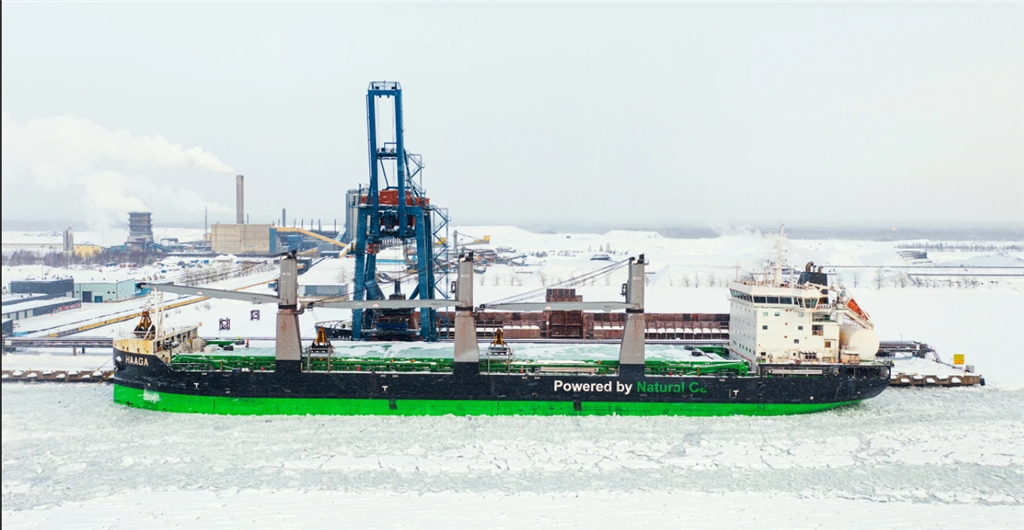ESL Shipping joins Botnia Link H2 as the first customer-side stakeholder. The partnership will strengthen ESL Shipping in its strategic roadmap towards fossil-free shipping as well as Botnia Link H2, now covering the whole hydrogen value chain. Once up and running the partners estimate the hub could reduce CO2 emissions in Sweden by up to 235,000 tons annually.

Botnia Link H2 is a joint project between energy company Uniper, ABB AB, the Port of Luleå and Luleå Energi.
The goal of the Botnia Link H2 project is to produce and market fossil-free hydrogen to customers in the transport sector and industry as an alternative for fuel, electricity and heat generation, thereby accelerating the transition to a sustainable society in Luleå and Sweden.
"Tackling climate change is very urgent, especially given the sensitivity of our home waters in the Baltic Sea. Along with our customers and partners, we have a responsibility to do what we can to turn the tide. Industrial partnerships like Botnia Link H2 are key to achieving real change. We very much look forward to participating in developing a much-needed source of fossil-free marine fuel,” said ESL Shipping’s Managing Director Mikki Koskinen.
The entire stakeholder value chain is now covered with ESL Shipping on board. The company carries over 5.5 million tons of dry bulk cargo in and out of Luleå every year, providing a key transport link to Europe for industries in the Norrland region. ESL Shipping has already invested over EUR 200 million towards its ultimate goal to offer 100% fossil-free shipping solutions.
"The technology is evolving fast while the number of hydrogen applications is also growing. With Botnia Link H2 we want to create a hub that can deliver hydrogen directly where it’s needed. The Port of Luleå was an obvious choice and it’s tremendous that our first customer partner is a shipping company,” said Göran Carlsson, acting CEO of the Port of Luleå.
Hydrogen is not an energy source in itself, but an energy carrier just like electricity. Its importance as a key component in fighting climate change is increasing as the required energy conversion technology evolves and becomes more efficient.
"We have still only scratched the surface when it comes to hydrogen’s possibilities and potential to drive sustainability in industry and transport. With an almost fossil-free energy system, Sweden is well-positioned for large-scale hydrogen production. Botnia Link H2 is a great example of that potential", said Johan Svenningsson, CEO of Uniper Sweden.
“Hydrogen is an excellent example of how we can apply new technology to achieve a more sustainable future. Botnia Link H2 allows us to push the technical boundaries while also making a real difference”, said Vibeke Gyllenram, Head of Sales, Energy Industries, at ABB Sweden.
Public co-funding is crucial to realizing the project. The partners have applied to the Swedish Energy Agency to become a candidate in the Important Project of Common European Interest (IPCEI), the EU instrument launched in 2021 to kick-start the hydrogen economy. Once up and running, the partners estimate the hub could reduce CO2 emissions in Sweden by up to 235,000 tons annually.